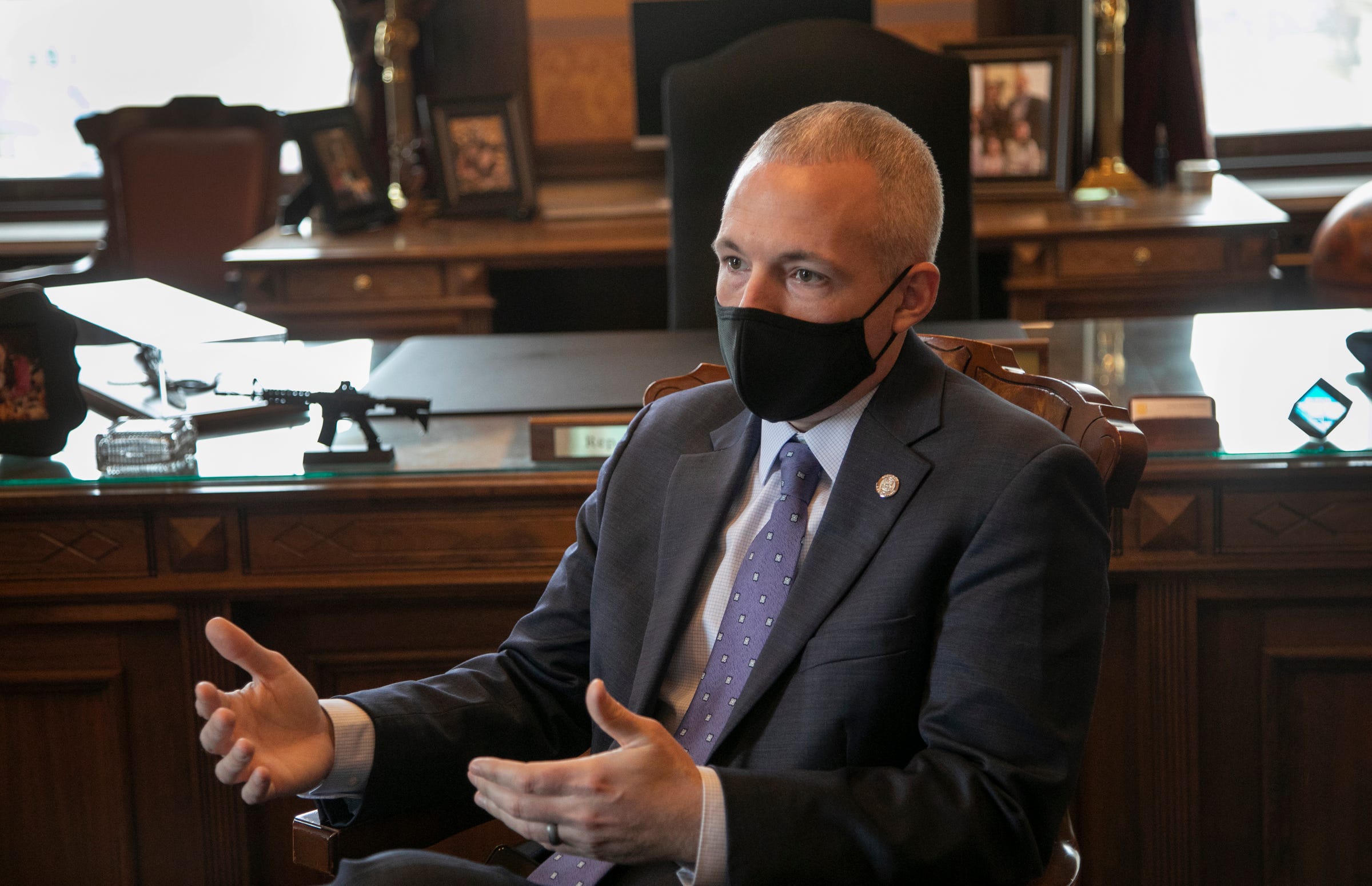

Lawmakers also added to the Defense policy bill before its passage the text of the Federal Firefighters Fairness Act, another bill already passed by the House that would reform the federal government’s workers compensation program by creating a presumption that if federal firefighters develop one of a number of serious health conditions, they contracted those diseases due to on-the-job exposure. The bill prevents any president from unilaterally creating a new schedule within the excepted service, effectively forcing the executive branch to request that Congress make any additions via legislation. That legislation is aimed at preventing future administrations from unilaterally reviving efforts to reclassify federal jobs outside of the federal government’s competitive service, like the Trump administration’s unsuccessful effort to create a new Schedule F for employees in policy-related positions, which threatened to strip thousands of federal workers of their civil service protections. Gerry Connolly’s Preventing a Patronage System Act. If enacted, that means TSA screeners would see an average pay increase of 30%, while air marshals would see a 21% raise.Īnother Democratic priority that made it into the final House version of the bill is Rep.
Bills to pay in a house full#
Code to the Transportation Security Administration workforce, bringing them onto the General Schedule pay scale and granting them access to the rest of the federal government’s whistleblower and due process protections, as well as full federal sector collective bargaining rights. Bennie Thompson, D-Miss., that would apply Title 5 of the U.S. Atop the heap were two amendments inserting the text of bills that have been important for House Democratic lawmakers but thus far have seen no action in the Senate.įirst was legislation from Rep. Over the course of two days of debate and consideration of more than 600 amendments, the list of workforce policy changes in the legislation continued to grow. Prior to consideration of this year's bill on the House floor this week, the House Armed Services Committee had already added language codifying President Biden’s executive order establishing a $15 per hour minimum wage for federal contractors, instructing federal agencies to provide at least $1,000 in recruitment and retention bonuses for federal wildland firefighters, and protecting inspectors general from political retaliation. The federal government’s current policy to provide federal workers with up to 12 weeks of paid parental leave each year was enacted as part of the fiscal 2020 National Defense Authorization Act. The NDAA’s status as an annual must-pass bill means that it often serves as a vehicle for provisions that affect all of the federal government. The House on Thursday voted 329-101 to pass the fiscal 2023 National Defense Authorization Act, which calls for nearly $1 trillion in defense spending and makes a number of big changes to federal personnel policies across government.


 0 kommentar(er)
0 kommentar(er)
